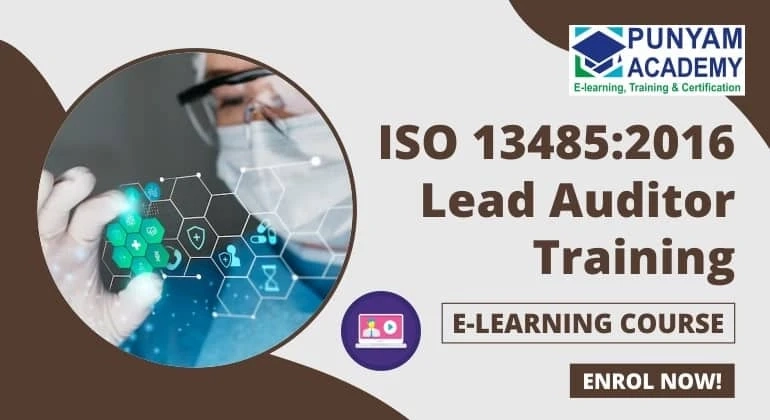Ensuring quality and safety is of utmost importance in the critical field of medical devices. The ISO 13485 standard serves as the international benchmark for establishing a robust Quality Management System (QMS) specific to the medical device industry. To effectively assess and verify the implementation of such systems, organizations rely on the expertise of ISO 13485 lead auditors.
Earning your ISO 13485 lead auditor certification equips you with the necessary knowledge, skills, and experience to conduct comprehensive audits of medical device QMS. This certification empowers you to:
- Enhance organizational effectiveness: Through effective audits, you identify areas for improvement within an organization\'s QMS, paving the way for enhanced operational efficiency and risk mitigation.
- Command industry respect: As a certified ISO 13485 lead auditor, you gain recognition and credibility within the medical device industry, positioning yourself for career advancement.
Equipping Yourself for Success:
The path to becoming a certified ISO 13485 lead auditor involves several crucial steps, and taking the following tips into account can significantly enhance your chances of success:
- Strengthen your foundation
- Grasp the ISO 13485 Standard: Gain a thorough understanding of the standard\'s clauses, including quality management principles, risk management, and regulatory requirements specific to medical devices.
- Immerse Yourself in the Medical Device Industry: Familiarize yourself with the industry\'s landscape, including relevant terminology, regulations, and common quality challenges faced by medical device manufacturers.
- Choose the Right Training Path:
- Seek Accredited Programs: Ensure your chosen ISO 13485 lead auditor training program is accredited by a reputable organization recognized by the International Accreditation Forum (IAF). This guarantees the program meets established quality criteria.
- Evaluate Trainer Qualifications: Verify the instructors\' expertise and experience. Look for trainers with a proven track record in the medical device industry and demonstrably strong auditing skills.
- Explore Training Formats: Decide whether in-person or online ISO 13485 lead auditor training best suits your learning style and schedule. Consider factors like flexibility, cost, and access to practical exercises.
- Examine Course Content: Check out the course content: Ensure the training program comprehensively covers the ISO 13485 standard, auditing principles and methodologies, and practical application through case studies, mock audits, and exam preparation.
- Optimize Your Learning Journey:
- Engage Actively: Participate actively in classroom discussions, ask questions, and clarify any doubts with your instructors.
- Practice Makes Perfect: Take full advantage of the training program\'s practical exercises, such as mock audits, to hone your auditing skills and gain confidence in applying your knowledge.
- Seek Additional Resources: Supplement your learning by exploring industry publications, attending relevant webinars or conferences, and networking with professionals in the field.
- Prepare for the Certification Exam:
- Leverage Training Materials: Utilize the resources provided by your training program, including study guides, practice exams, and access to instructors for guidance.
- Explore Additional Resources: Consider additional exam preparation materials offered by accredited certification bodies or reputable publishers.
- Simulate the Exam Environment: Practice mock exams under timed conditions to build exam stamina and manage test anxiety effectively.
Conclusion:
By actively engaging in the learning process, strategically choosing your training program, and diligently preparing for the certification exam, you can increase your chances of successfully becoming a certified ISO 13485 lead auditor. Remember, this certification empowers you to contribute significantly to ensuring the quality and safety of medical devices, ultimately safeguarding patient well-being and promoting excellence within the medical device industry.



